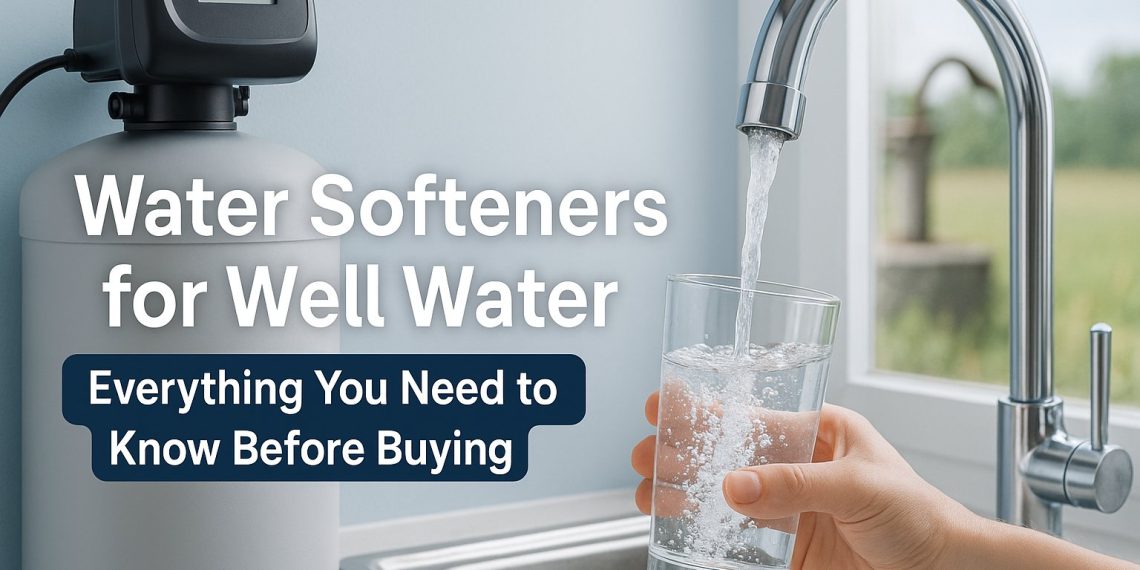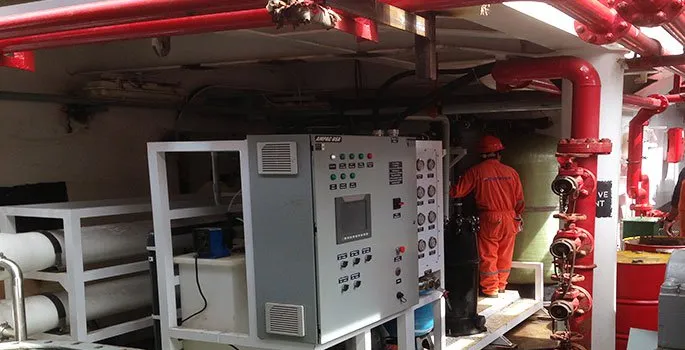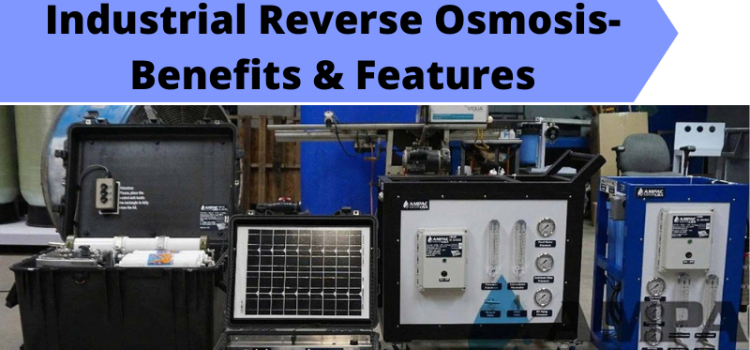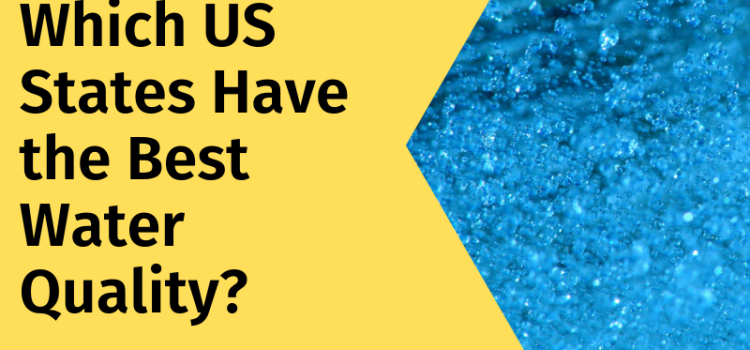Last updated on June 2nd, 2025 at 10:44 am
When relying on well water, it’s crucial to understand the challenges of hard water and the importance of choosing the right water softener system. At our firm, we’ve worked extensively with homeowners who depend on well water, and we’ve learned that selecting a high-performance water softener can dramatically enhance water quality, plumbing longevity, and appliance efficiency. Below is a comprehensive guide outlining everything you need to know before buying a water softener for well water.
What causes hard water in wells?
Well water is naturally sourced and is often rich in minerals, primarily calcium and magnesium. While not hazardous to health, these minerals cause hard water problems—resulting in:
- Limescale buildup in pipes and appliances
- Dry skin and hair after bathing
- Stained fixtures and glassware
- Inefficient detergents and soaps
If you’re experiencing these issues, your well water likely needs conditioning and softening.
Why You Need a Water Softener for Well Water
Water softeners are essential for eliminating minerals that cause hardness, improving overall water quality throughout your home. But for well water, a conventional water softener may not be sufficient. Here’s why:
- Well water often contains iron, manganese, and sediment, which require pre-treatment before softening.
- Bacteria and sulfur may also be present, demanding specialized filtration units alongside the softener.
An integrated well water treatment system—combining filtration, oxidation, and ion exchange—ensures the most effective softening solution.
Key Features to Look For in a Water Softener for Well Water
- Iron Removal Capability
Iron in well water can cause orange stains on sinks, toilets, and laundry. Select a water softener with:
- High iron removal capacity (up to 10 ppm)
- Built-in air injection systems or manganese greensand filters
- Sediment Pre-Filtration
Protect your softener from sand and grit with:
- Spin-down sediment filters
- Multi-stage filtration systems
- Reusable or replaceable cartridges
- Grain Capacity Matching Water Hardness
Water softeners are rated by grain capacity—the amount of hardness they can remove before regenerating. For well water:
- Test your water for grains per gallon (GPG) of hardness
- Choose a system with at least 32,000 grains capacity for average households
- Opt for 48,000–64,000 grains if you have high hardness levels or large water usage
- Regeneration Efficiency
Modern softeners offer:
- Metered regeneration based on water usage
- Demand-initiated regeneration (DIR) for optimal salt efficiency
- Dual-tank systems for continuous softening even during recharge
- NSF Certification
Ensure your softener is:
- NSF/ANSI 44 certified for residential cation exchange water softeners
- Backed by manufacturer warranty and performance validation
Different Types of Water Softeners for Well Water
Salt-Based Ion Exchange Softeners
The most common and effective option. These systems:
- Use sodium or potassium chloride
- Efficiently remove calcium, magnesium, and iron
- Require regular salt replenishment and maintenance
Salt-Free Water Conditioners
Ideal for moderate hardness levels:
- Use template-assisted crystallization (TAC)
- Do not remove minerals but alter their structure
- Low maintenance but not suitable for very hard water or high iron content
Oxidizing Water Softeners
Best for well water with:
- High iron and sulfur levels
- Incorporate air injection or chemical oxidation
- Typically combined with activated carbon filters
Magnetic or Electronic Descalers
These are not water softeners but can help reduce scale buildup:
- Use electromagnetic fields
- Do not remove hardness minerals
- Suitable only for low-hardness well water with minimal iron
Installation Considerations
Installing a water softener for well water requires:
- Proper placement before water heaters and indoor plumbing
- Drain access for brine discharge
- Bypass valve for maintenance ease
- Optional UV sterilization for water with bacterial contamination
Professional installation is recommended for complex well systems with multi-stage treatment.
Maintenance Requirements
To keep your water softener functioning optimally:
- Refill salt or potassium regularly (typically monthly)
- Clean brine tanks annually
- Replace pre-filters every 3–6 months
- Check for salt bridges and resin bed issues
- Schedule annual inspection for well water systems
Water Testing: The First Step
Before choosing a water softener, test your well water for:
- Hardness (GPG)
- Iron and manganese
- Sulfur (hydrogen sulfide)
- pH level and total dissolved solids (TDS)
- Bacterial contamination
You can use DIY test kits or send samples to certified laboratories
Final Thoughts: Choosing the Right System
We advise homeowners relying on well water to prioritize systems that offer comprehensive treatment, including:
- Iron and sediment filtration
- Efficient mineral softening
- Low-maintenance operation
- Long-term reliability and warranty
With the right system, you can enjoy cleaner, softer water, protect your home’s infrastructure, and enhance your quality of life.
Take the first step: test your water, understand your household’s needs, and select a well-reviewed, properly sized water softener. For those using well water, it’s not just about comfort—it’s about preserving your home investment and ensuring safe, efficient water use every day.











